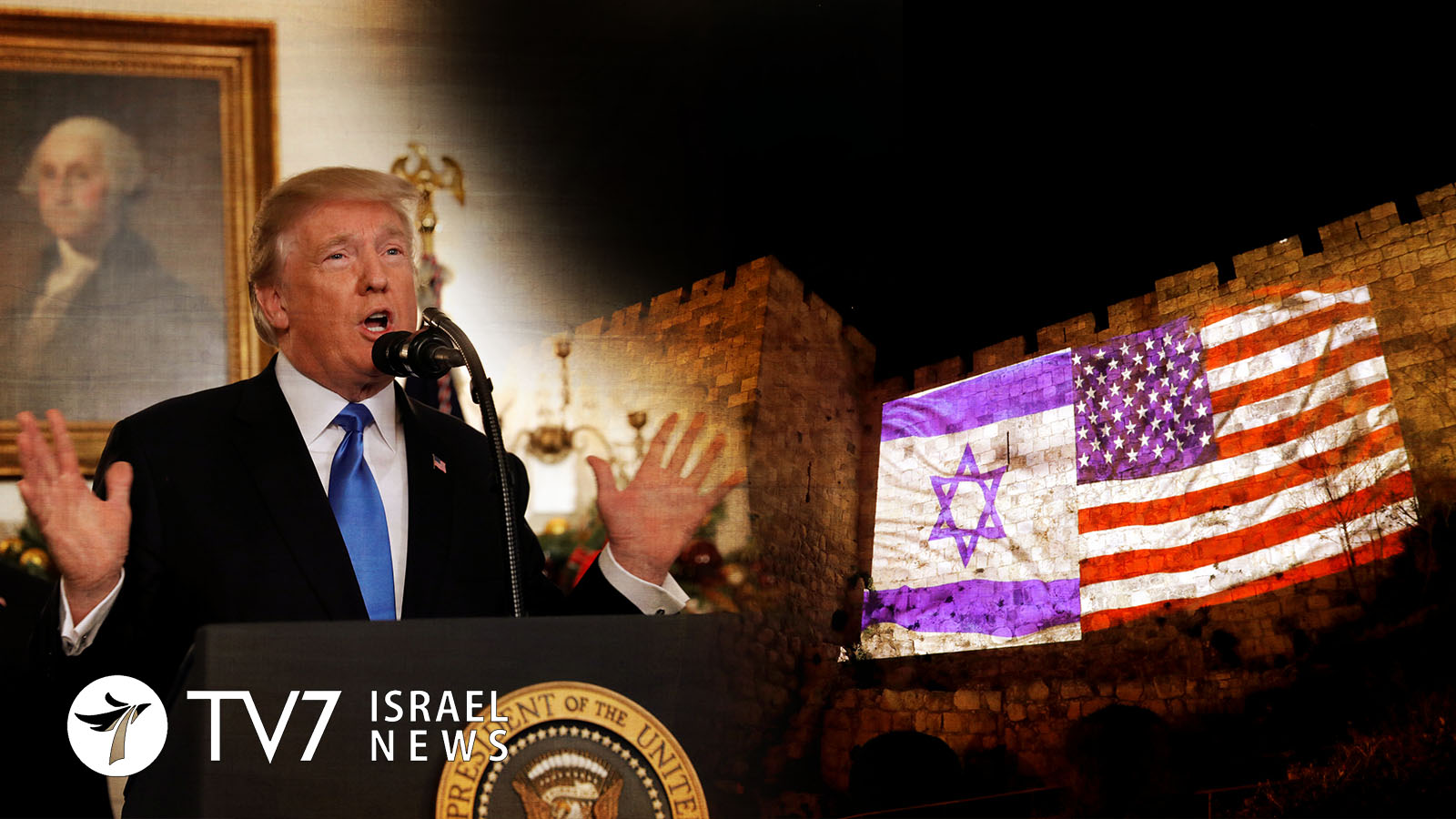In an unprecedented and historic move, United States President Donald Trump reversed decades of U.S. policy and recognized Jerusalem as the capital of Israel. In a speech at the White House, President Trump said his administration would also begin a process of relocating the U.S. embassy in Israel from Tel Aviv to Jerusalem, a move that is expected to take several years. While the President’s recognition of Jerusalem was perceived by many leaders around the world as “counterproductive to peace,” Trump emphasized that his decision does not intend in any way to reflect a departure from Washington’s strong commitment to facilitate a lasting peace agreement between Israel and the Palestinians, while stressing that any solution to the decades-old Israeli-Palestinian conflict must be agreed upon by both sides, through direct negotiations, including the fate of Jerusalem. Right after President Trump’s declaration, the American leader signed a waiver to the Jerusalem Embassy Act, which effectively delays any concrete actions by six months.
Nevertheless, Prime minister Benjamin Netanyahu warmly welcomed Trump’s decision, saying it “reflects the President’s commitment to an ancient but enduring truth, to fulfilling his promises and to advancing peace.” PM Netanyahu further asserted, that while many countries around the world attempt to dissuade recognition of Jerusalem as Israel’s capital, the antient city has been the focus of Jewish hopes, dreams and prayers for three millennia. Netanyahu also attempted to alleviate tension across the Arab world, emphasizing Israel’s commitment to maintain the status quo in Jerusalem – which practically means that only Muslims are permitted to worship on the Temple Mount, where both biblical Temples once stood.
Meanwhile, the United States has asked Israel to moderate its official response to the decision to recognize Jerusalem as Israel’s capital due to fears about possible attacks on American installations and citizens in the Middle East and other regions. This message was included in a State Department document that also included instructions to the US embassy in Tel Aviv, the consulate in Jerusalem and diplomatic delegations in some European capitals. The American representatives in Europe were asked to stress that President Trump’s decision did not change the fact that the question of sovereignty in Jerusalem would only be resolved in permanent status arrangement negotiations between Israel and the Palestinians. Nevertheless, Palestinian President Mahmoud Abbas condemned President Donald Trump’s decision, claiming it creates deliberate constraints to all the efforts towards realizing peace, and reflects the United States’ withdrawal from practicing its role as a peace mediator.
